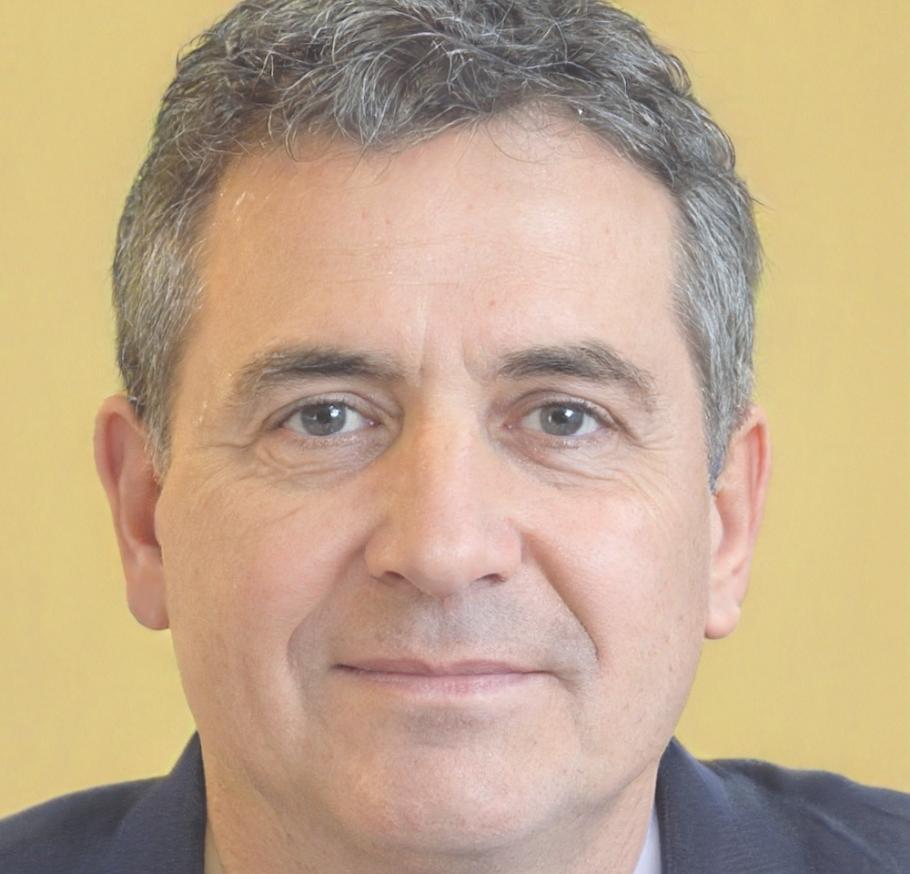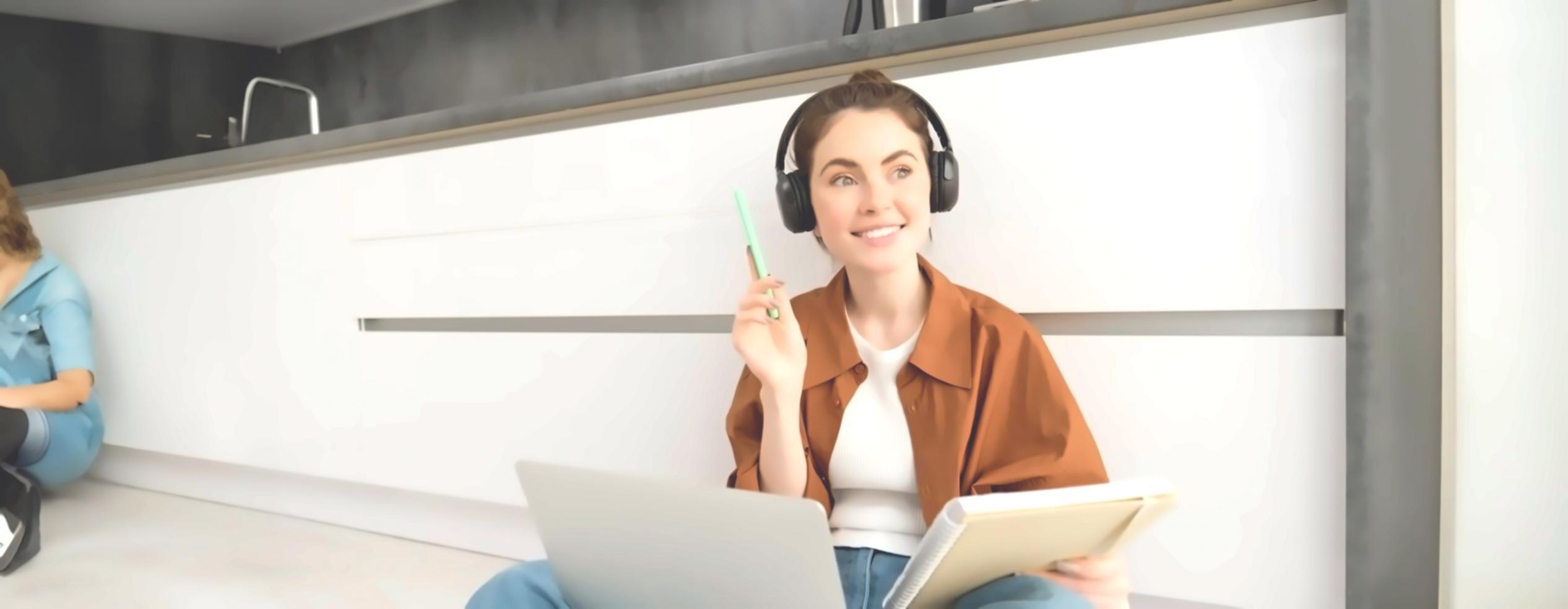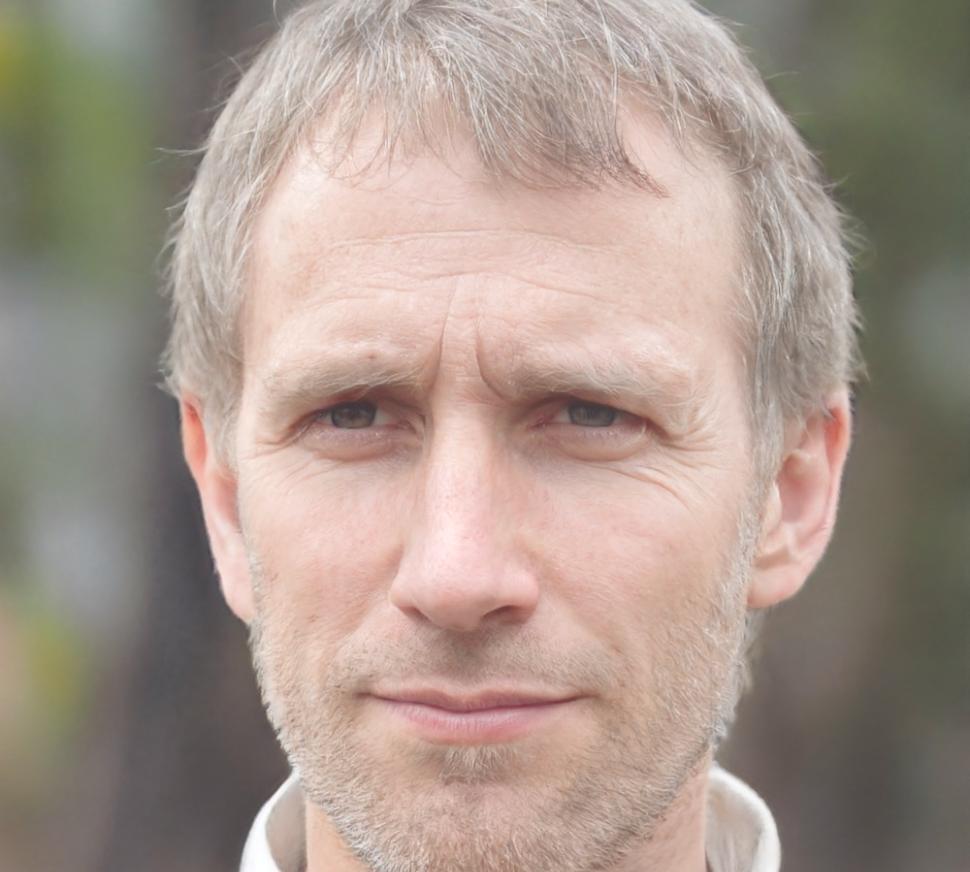Financial Modelling for International Students
Building your career in Australia starts with the right skills. Our autumn 2025 program brings together students from across the globe who want to master financial model building in one of the world's most stable economies.
Your Learning Path in Australia
We've designed this program around how international students actually learn. Each phase builds on what you've done before, with plenty of room to ask questions and work at your own pace. Classes start September 2025.
Foundation Phase
Weeks 1-6You'll start with the basics, no matter what your background is. We cover Excel thoroughly because everything else builds on it. Financial statements come next, and we spend time making sure everyone understands how businesses actually track their money.
Functions, formulas, data validation, and keyboard shortcuts that actually save time.
Reading balance sheets, income statements, and cash flow reports from real Australian companies.
Model Building Phase
Weeks 7-14This is where things get interesting. You'll build your first complete financial model from scratch. We work with simplified versions of real business scenarios, and you'll see how small assumptions can completely change your projections.
Connecting income statements, balance sheets, and cash flow in models that actually balance.
Building realistic projections using historical data and market research.
Testing what happens when your assumptions change and planning for different outcomes.
Industry Application Phase
Weeks 15-24Now you apply what you know to different industries. Retail models work differently than tech startups. Mining companies have unique considerations in Australia. You'll tackle projects that mirror what junior analysts actually do in their first year on the job.
DCF models, comparable company analysis, and when to use which method.
Building models for retail, technology, resources, and financial services sectors.
Explaining your models clearly to people who don't build them for a living.
Where Students Start and Where They Go
These are real students who went through the program in 2024. Their experiences vary because everyone brings different backgrounds and goals. What they share is putting in the work and asking for help when they needed it.

Ravi's First Month

Ravi had accounting knowledge but minimal Excel skills when he started in March 2024. The first few weeks felt overwhelming, especially keeping up with students who already knew advanced formulas.
- Struggled with nested IF statements and VLOOKUP functions
- Found Australian financial terminology confusing initially
- Needed extra practice sessions to keep pace with coursework

Eight Months Later

Thiago finished the program in October 2024 and spent November applying what he learned. He didn't land his dream role immediately, but he built a portfolio that opened doors he didn't expect.
- Built valuation models for three different industry sectors
- Connected with alumni working in Melbourne financial district
- Started contract work doing financial analysis for small businesses
- Gained confidence explaining technical concepts in English
Questions International Students Actually Ask
We get these questions every intake. Some are about visas, others about whether your English is good enough, and quite a few about what happens after you finish. Here's what we tell people.
My English is okay but not perfect. Will I struggle with the technical content?
Most international students worry about this at first. The technical language is actually easier than conversational English because it's specific and consistent. We had a student from Vietnam last year who was nervous about her language skills, but financial terms don't change the way slang does. She found the Excel work straightforward because formulas are universal. What helped her most was joining study groups where she could ask questions without feeling rushed. We also record all sessions so you can replay explanations at your own speed.
Do I need an Australian student visa or can I do this on a different visa type?
This program works with several visa types. Student visa holders can count this toward their course requirements if it aligns with their primary study. Temporary Graduate visa holders use it to upskill while looking for work. Partner visa holders have joined because they have work rights and want to build Australian-specific skills. We can't give immigration advice, but we work with students on various visa arrangements. The September 2025 intake will have orientation sessions covering practical visa considerations, and we connect you with migration agents if you need specific guidance.
How does this compare to what I'd learn in my home country?
The fundamentals of financial modelling don't change country to country, but Australian business practices have quirks you won't learn elsewhere. We use Australian company examples, follow AASB accounting standards, and discuss how the ASX works. One student from Malaysia told us the biggest difference was understanding superannuation in financial planning, something that doesn't exist the same way back home. Tax structures here affect models differently. If you're planning to work in Australia, this context matters more than you'd think when you're sitting in interviews.
What happens if I need to miss classes because of time zone issues with my family or part-time work?
We record everything, which helps, but attending live sessions makes a difference for building connections with other students and instructors. About 30 percent of our international students work part-time, so we schedule core content during times that work for most people. If you miss a session, you can watch it within 24 hours and email questions to the instructor. The autumn 2025 program will have two weekly live sessions plus optional weekend workshops. Some students batch their learning, doing intensive work on weekends when they're free from other commitments.
Will this actually help me get a job in Australia or should I just go straight to applications?
We can't promise anyone a job because that's not how employment works. What we see is that students who complete the program have specific examples to discuss in interviews. One student from China interviewed for an analyst role in early 2025 and talked about the retail valuation model she built here. She didn't get that particular job, but the interviewer referred her to another team that eventually made an offer. Having Australian-contexted work samples matters more than overseas qualifications alone. You're competing with local graduates, so demonstrating you understand how things work here gives you something concrete to talk about.
Can I connect with other international students, or will I be the only one from my country?
Our 2024 cohorts included students from India, China, Philippines, Pakistan, Nepal, Vietnam, Indonesia, Brazil, Colombia, and several other countries. You probably won't be the only person from your background, but the mix changes each intake. What students tell us they value most isn't finding people from home, but rather building professional networks across different backgrounds. A student from Philippines partnered with someone from Pakistan on a mining sector project and they're still in touch professionally. The diversity actually helps because you see how different people approach the same financial problems.
How much time should I expect to spend outside of class each week?
Plan for 8 to 12 hours weekly outside class time, more when you're working on major projects. This isn't busywork, it's building models and practicing until things make sense. Some weeks are heavier, like when you're finishing your industry project. International students often study in groups at libraries or cafes around East Geelong, which makes the work feel less isolating. One student worked full-time at a restaurant and did most of her coursework Sunday mornings and late evenings. It wasn't easy, but she managed by being strict about her schedule.
Next Intake: September 2025
We'll open applications in early June. If you want to know more about the program structure, visa considerations, or what past international students experienced, get in touch. We're at our East Geelong location and happy to answer specific questions about your situation.